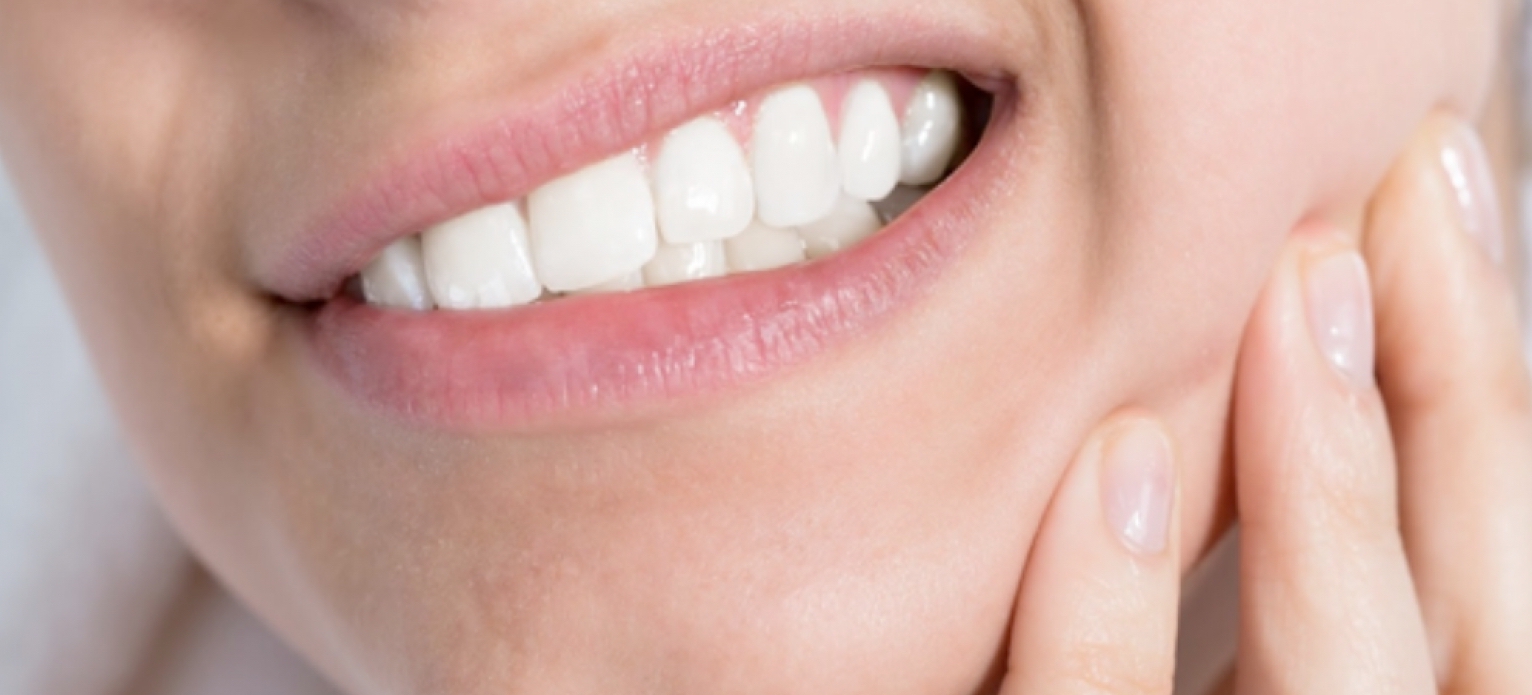Bruxism is the scientific term to describe a medical condition characterised by the unconscious grinding and clenching of the teeth, which affects 5% – 20% of people, regardless of age and gender. Bruxism occurs at any time, but most often during sleep and less often during the day when the patient is stressed.
The exact mechanism by which humming is caused is not yet known. Everyone agrees that it is a multifactorial disease, which is controlled by the central nervous system. As etiological factors, many have been mentioned from time to time, such as malocclusion of the teeth, genetic and pathophysiological factors. In addition some have claimed the association of humming with some neurological or psychiatric diseases. However, it is certain that stress, psychological pressure and emotional stress, which many patients report, are important aggravating factors in the mechanism of eteology and manifestation of wheezing.
In terms of diagnosis, the dentist can immediately recognise the worn surfaces of the teeth. Also, the patient’s tongue almost always shows on its lateral lips the image of “lacy” folds from the impressions left by the teeth when the tongue presses on their inner surface, when the patient clenches his teeth. Other patients have strongly developed corners of the jaws, giving the image of a “squared” face, due to the hypertrophic chewing muscles that overwork in these patients. During the clinical examination, in many cases, a painful reaction of the patient to the palpation of the chewing muscles is observed, while some patients report frequent headaches in their history.
The therapeutic approach to bruxism and its consequences is multidimensional. First of all, muscle relaxant medication combined with management of anxiety levels is considered appropriate in most cases. Fabrication of a custom acrylic mouth splint, which the patient wears at night, is the first-line treatment. This splint helps to protect the teeth and to relax the masticatory muscles that overwork during gnawing.
Additionally, supportively they can be used:
- Warm compresses in the area of the temporomandibular structure.
- Avoid chewing gum and hard foods that strain already strained muscles.
- The elimination of alcohol and caffeine consumption.
- Muscle relaxants, anxiolytics or antidepressants, according to the consultation of the attending physician.
- Botox injections, a form of botulinum toxin, can help some people with severe tinnitus that doesn’t respond to other treatments.
All the symptoms of humming, such as headaches, jaw pain, with an appropriate therapeutic approach are reduced, until in the end some of them cease to exist, resulting in the relief of the patient from the discomfort. If your teeth start to grind on their own, it is good to seek advice from your dentist or orthodontist. At Great Smile orthodontic clinic we can provide you with every information you need to know about dental problems!

